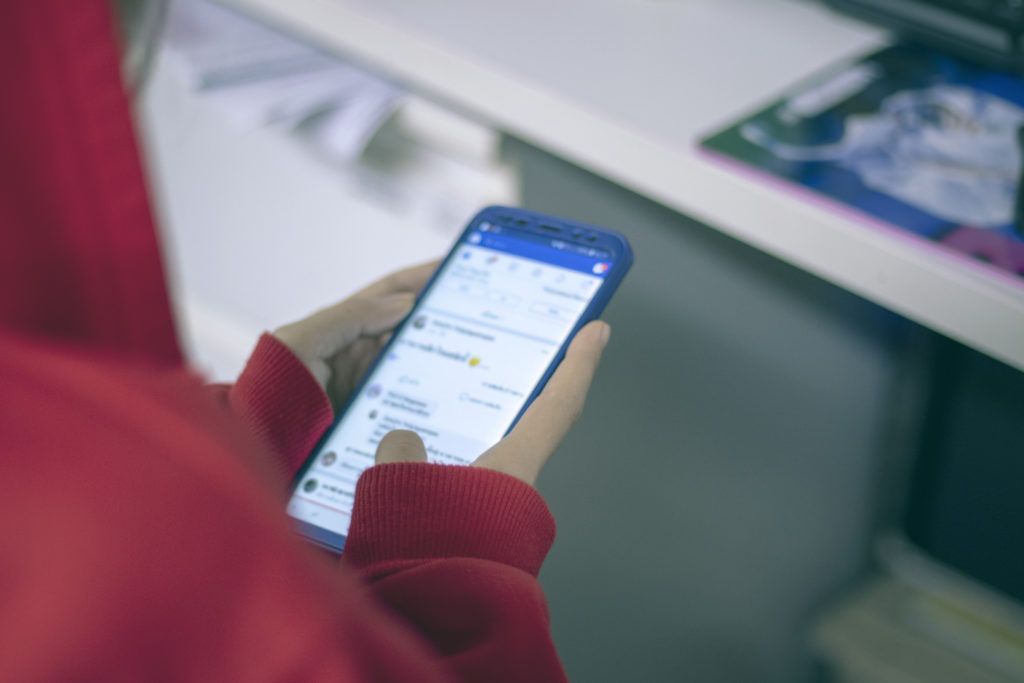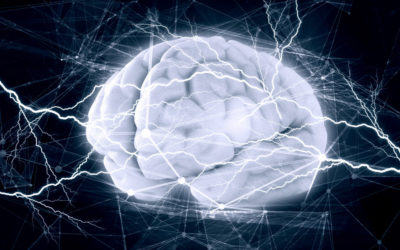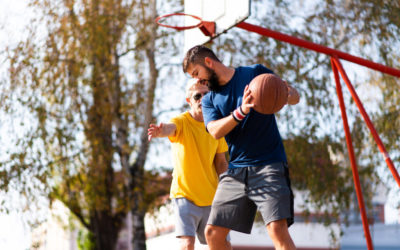Quick Hits
Daily brief research updates from the cognitive sciences

We probably all know someone who is extremely distrustful of fellow human beings. In fact, in some ways this has also become a feature I some countries’ political landscapes – deep distrust of the other.
So how do you get them to be more trustful – well the interesting thing that researchers have uncovered is that those who distrust humans most are more likely to trust AI more!
This was a part of study by researchers at Penn University – they recruited 676 participants to take part in a study in which they were told they were evaluating a new moderation tool for online content that helped to identify hate speech and suicide ideation.
Posts were then shown that had been flagged and they were told this had been flagged by a human, by AI, or by both. They then completed a survey on their individual differences which included distrust in others, political ideology, experience with technology, and trust in AI.
Surprisingly, or not surprisingly, those that most distrusted their fellow human beings trusted AI the most. This also included those who had a stronger conservative ideology. The converse also applied the more trust people had in human beings the less they trusted AI.
There was also a group of “power” users, those with the most experience of technology and they trusted AI less – they though AI wouldn’t be able to tell the nuances of human language apart – they may be more aware of the limitations of AI than others.
So, who would have thought it but trust in AI and humans has a negative correlation and political ideologies also predict this!

Andy Habermacher
Andy is author of leading brains Review, Neuroleadership, and multiple other books. He has been intensively involved in writing and research into neuroleadership and is considered one of Europe’s leading experts. He is also a well-known public speaker, speaking on the brain and human behaviour.
Andy is also a masters athlete (middle distance running) and competes regularly at international competitions (and holds a few national records in his age category).
References
Maria D. Molina, S. Shyam Sundar.
Does distrust in humans predict greater trust in AI? Role of individual differences in user responses to content moderation.
New Media & Society, 2022; 146144482211035
DOI: 10.1177/14614448221103534
More Quick Hits
Yes, Fake Smiling Does Improve Your Mood
Can just smiling, even if fake, improve your mood? This has been proven, debunked, re-proven and now re-re-proven…
How Your Brain Decides to Help Others in Danger
In times of crises and danger we may hide and flee as our natural instincts would guide us, or do something else: put ourselves at danger and help others.
Two Types of Willpower
There are two types of will power – and one is much more effective…
Our Brains Seem to Use Quantum Computations
It has been proposed that our brain uses quantum processes but this is hard to prove – until now that is…
Insults Trigger the Equivalent of a Slap to the Face in the Brain
What do insults do to our brain wave patterns, do they degrade over time and how do they compare to compliments?
Even a Short Bout of Exercise Can Boost Brain Growth
Exercise is good for you – we all know that. But can just a single bout of exercise do you and your brain any good?






